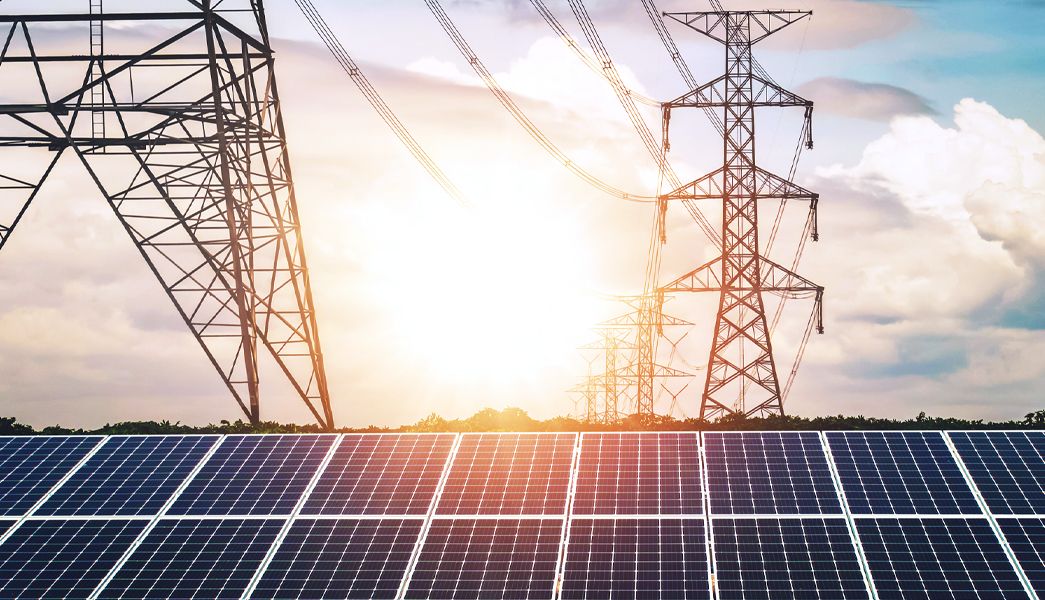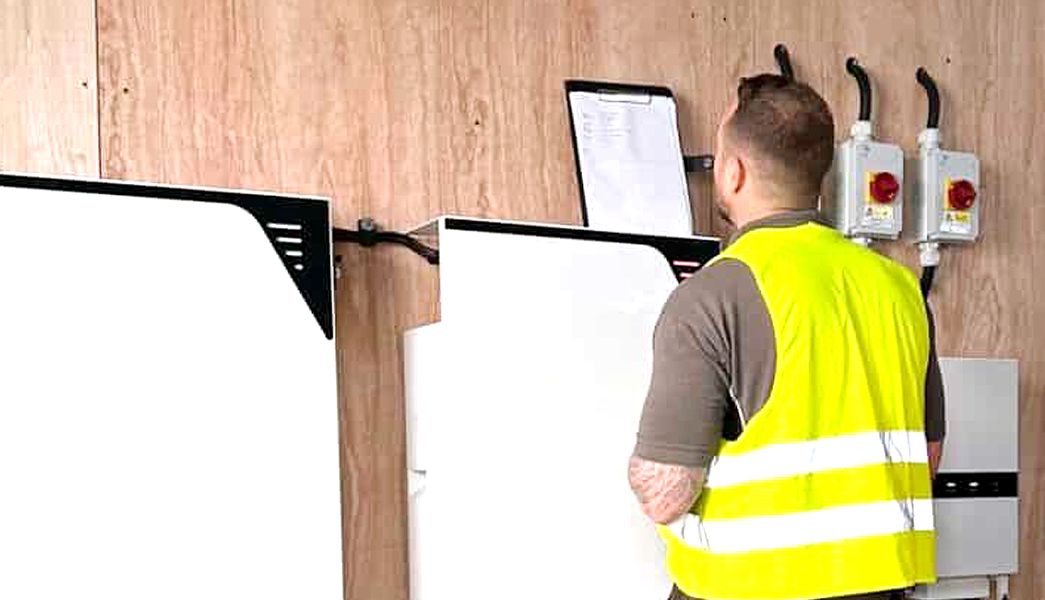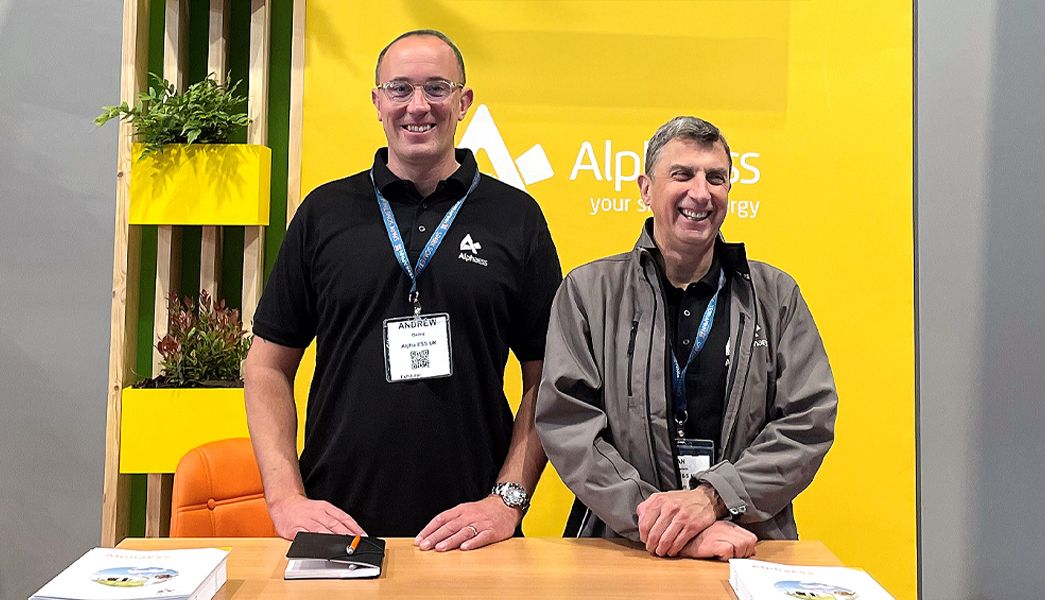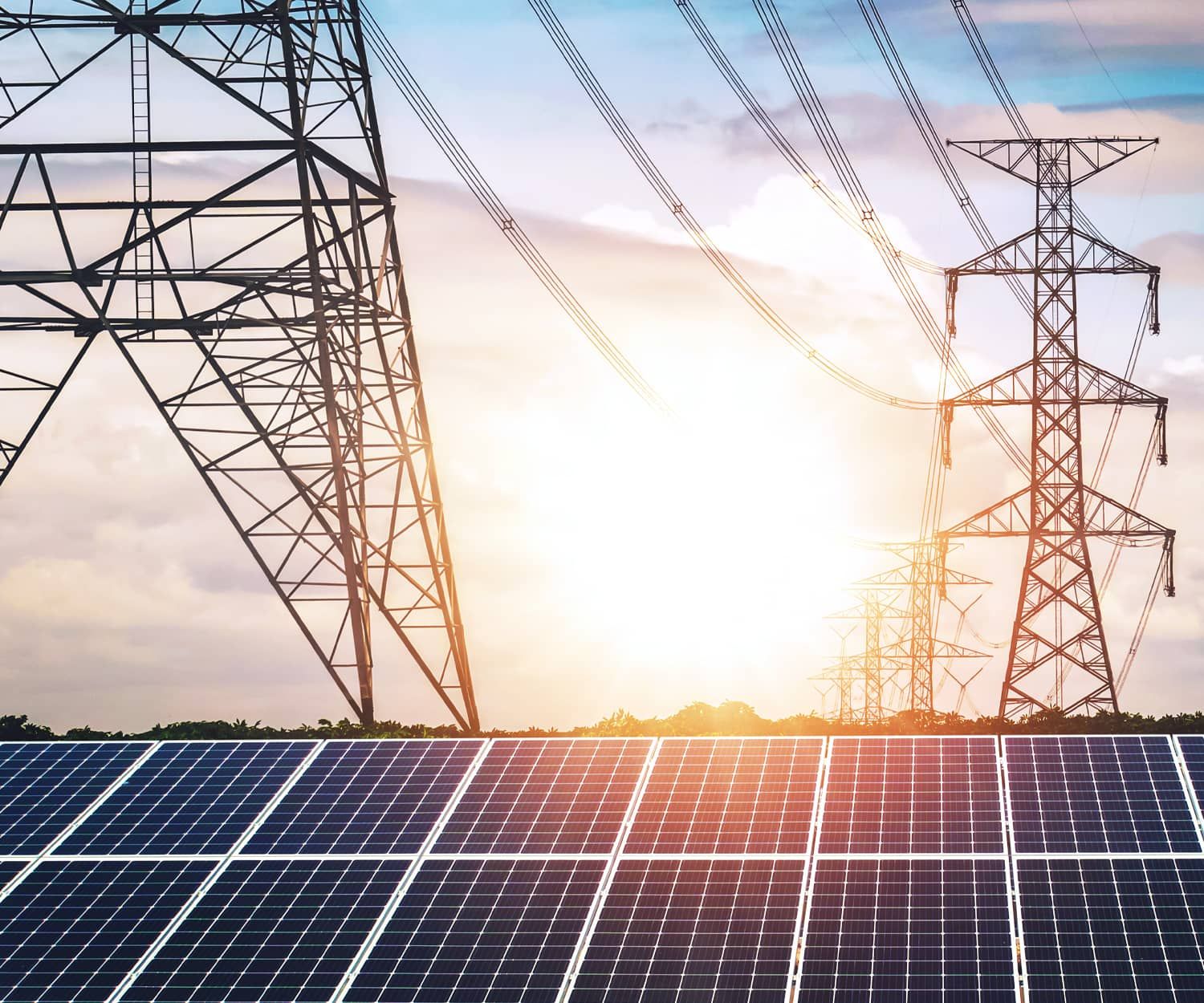
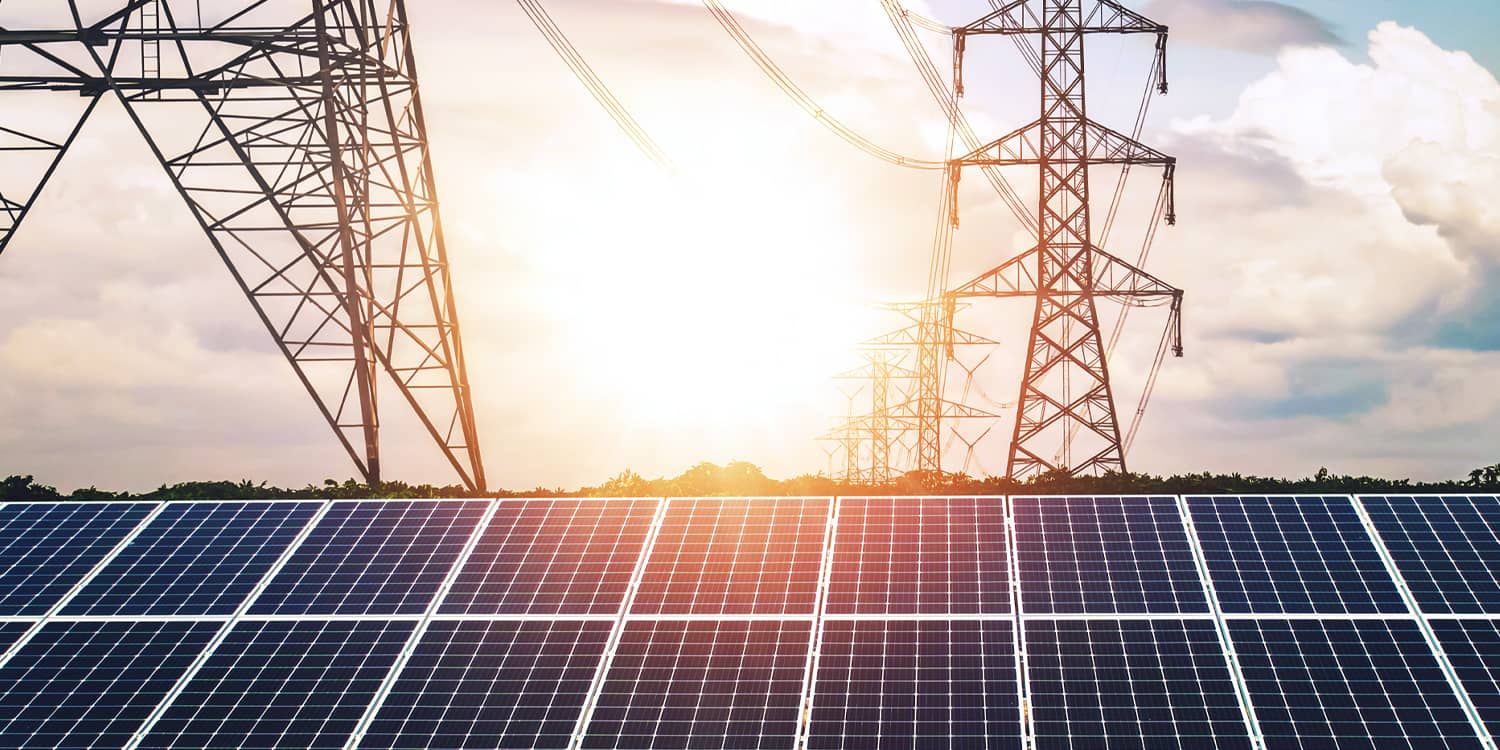
Energy Capping: A Challenge for the UK’s Renewable Transition
The UK’s shift to renewable energy is facing a growing challenge—energy capping. This issue limits how much energy homes and businesses can send back to the grid from their solar and battery storage systems. If grid restrictions continue, up to £26bn in economic value could be at risk, affecting both energy costs and the pace of the renewable transition.
What is Energy Capping?
Why is This Happening?
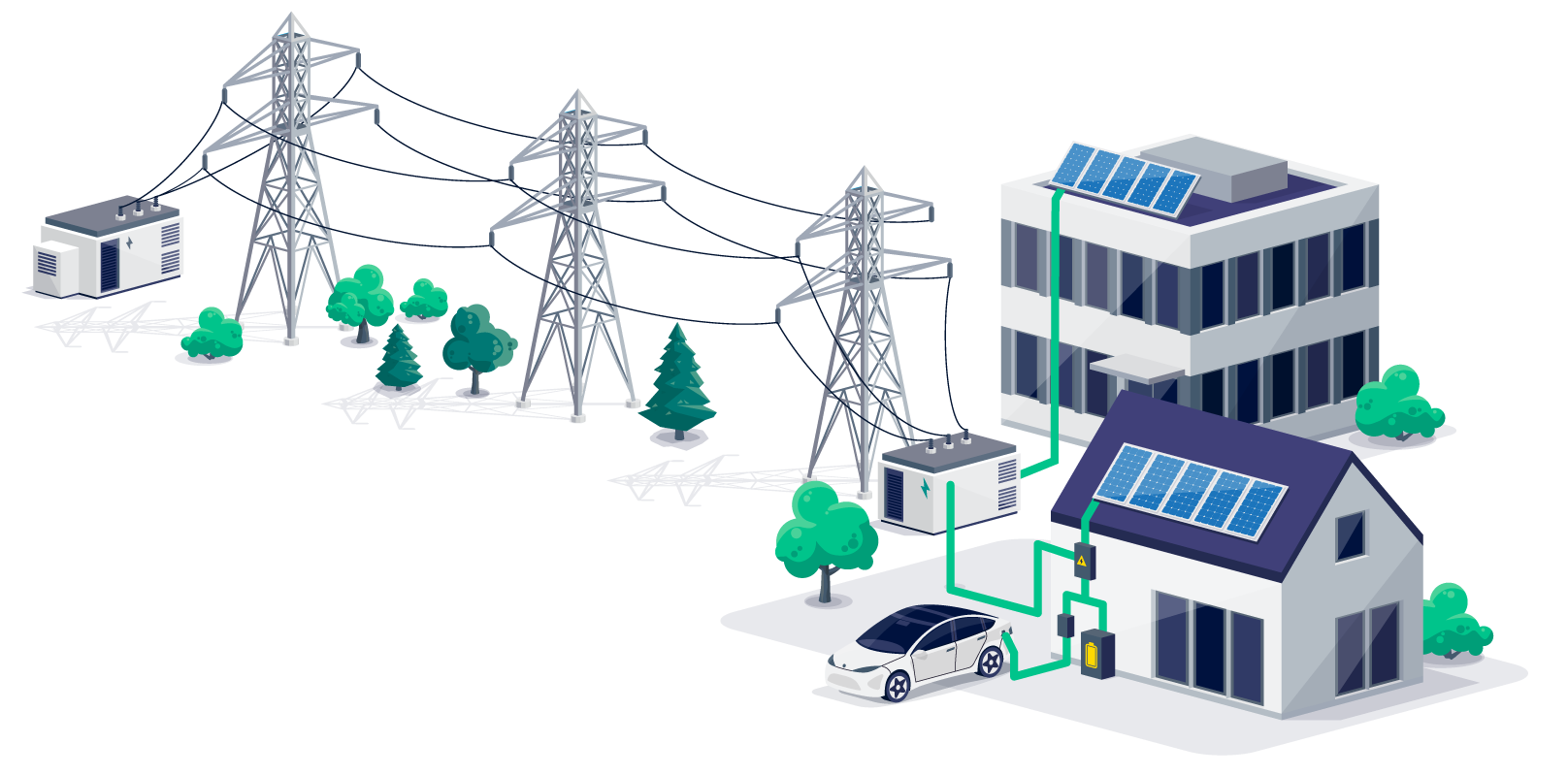
Understanding the Financial and Environmental Considerations of Energy Capping.
-
Reduced financial returns for homeowners and businesses with solar and battery storage.
-
Missed opportunities for clean energy usage, as excess power is wasted.
-
A greater reliance on fossil fuels, increases energy costs and emissions.
Real-World Impact
For example, a business in the Midlands recently installed solar panels and a battery storage system to reduce energy costs. However, due to grid export limitations, they were unable to sell their surplus energy back to the grid as expected, affecting their ability to maximise their investment in renewable technology. Similar cases are being reported across the UK, highlighting the need for infrastructure improvements.
Mark Hale, Managing Director of AlphaESS UK, highlights the importance of addressing these challenges:

POTENTIAL SOLUTIONS
-
Grid modernisation projects to accommodate more decentralised energy generation.
-
Encouraging battery storage adoption to help balance supply and demand.
-
Exploring local energy trading, where sharing surplus energy among nearby users is advantageous rather than curtailed.
At AlphaESS UK, we see battery storage as a key part of the solution. By allowing users to store excess energy and use it when needed, energy storage systems can reduce grid strain and maximise the benefits of renewable energy technologies, including solar power.
If grid restrictions persist, businesses may reconsider investing in renewable technologies, and homeowners may hesitate to install solar panels due to uncertainty about their return on investment. However, with the right infrastructure improvements and policy support, the UK can create a more resilient and efficient energy eco-system that fully utilises renewable resources.
AlphaESS UK can help you maximise your renewable energy systems. Explore our solutions for home battery storage here and discover our innovative commercial battery storage solutions by clicking below.

